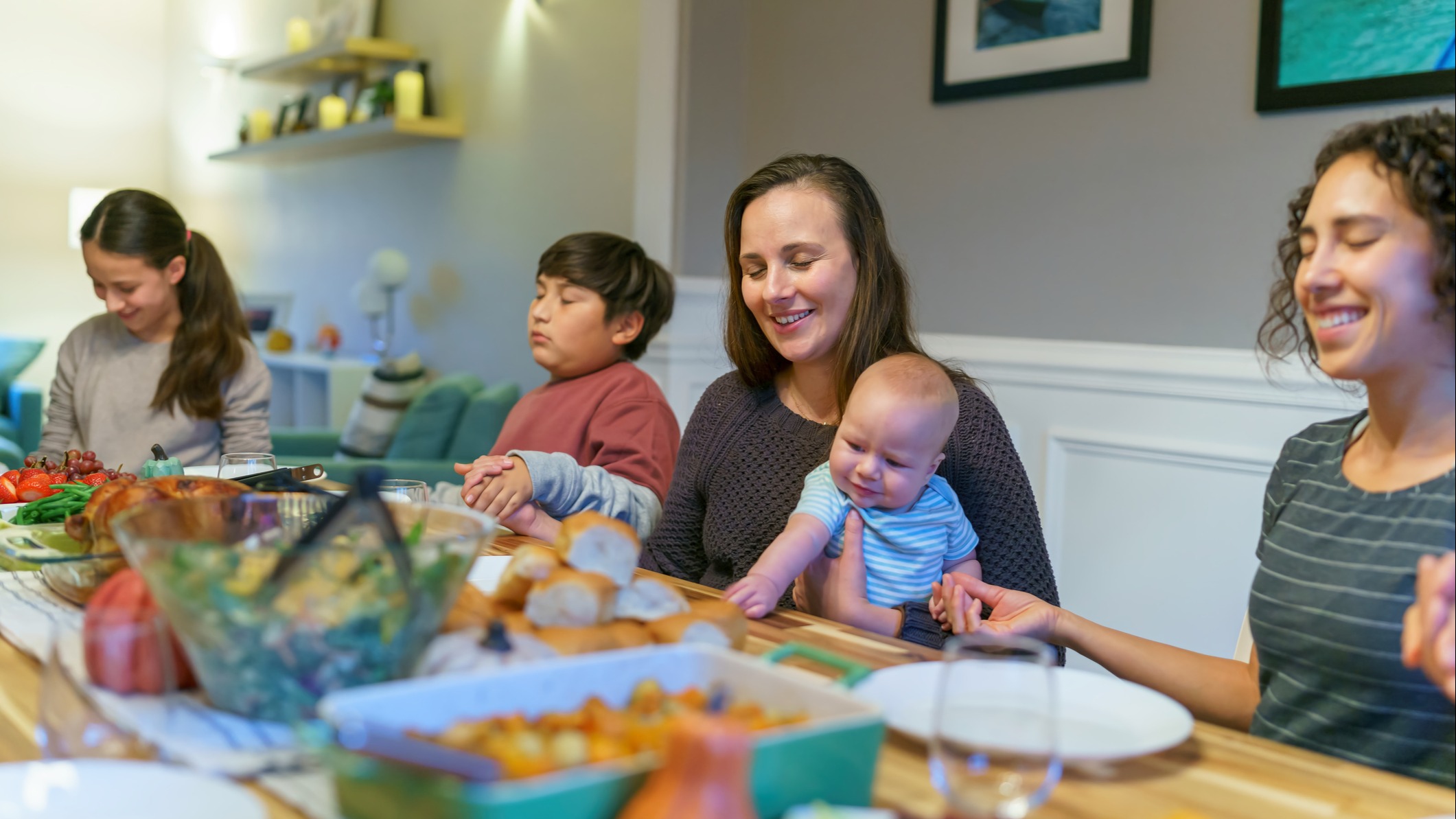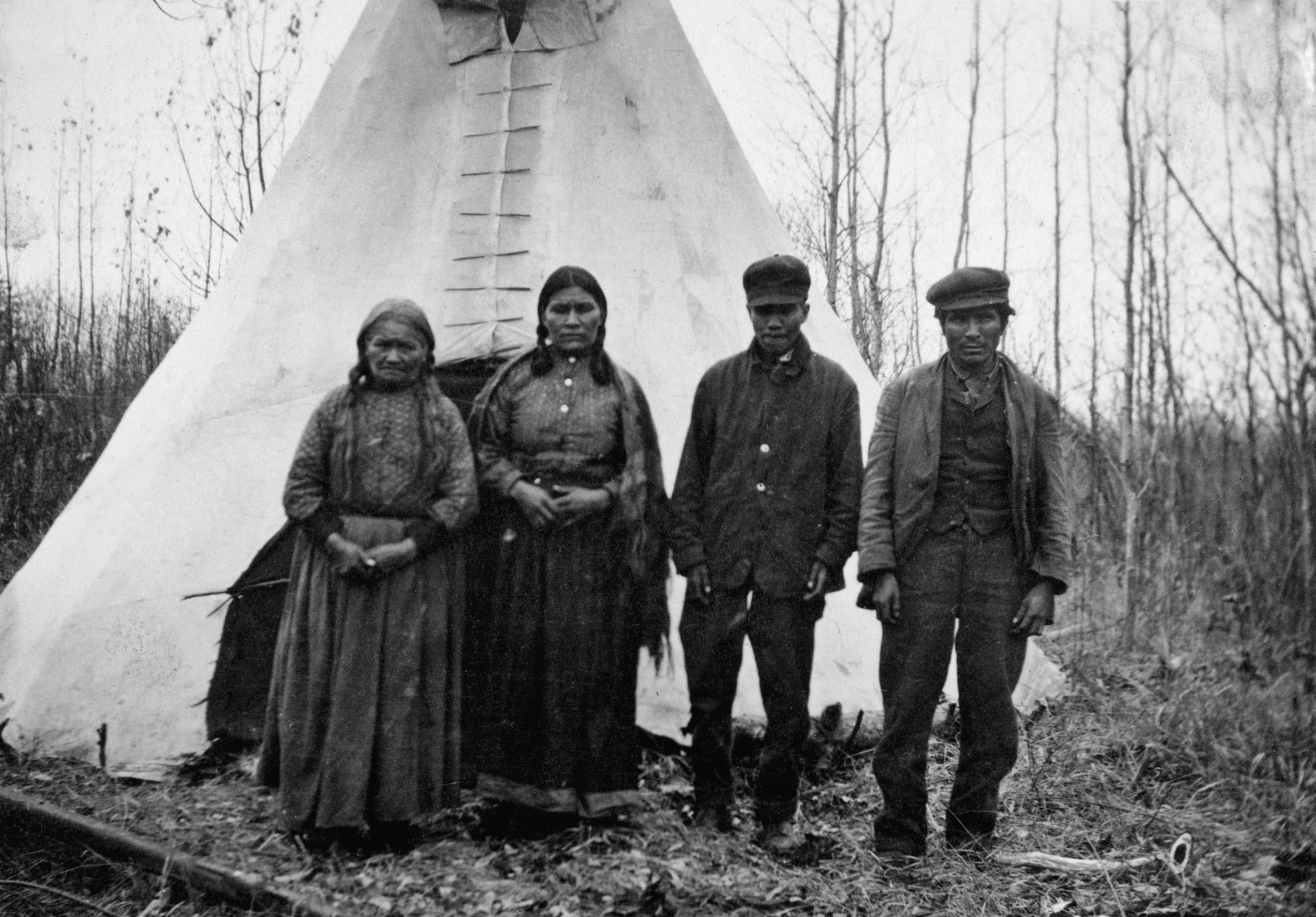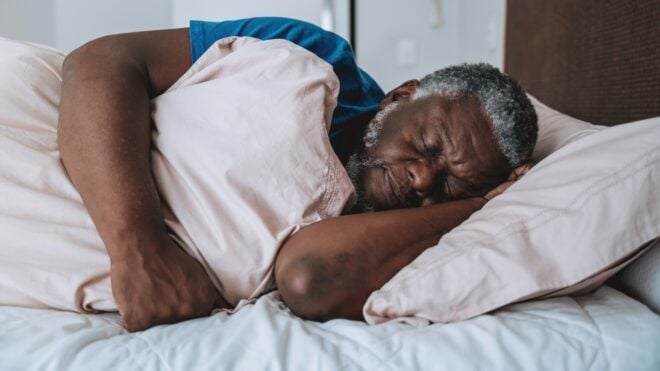
Thanksgiving is a wholesome and happy holiday for a lot of Americans, but the holiday goes hand in hand with some distressing history that we should all be aware of. For many Native Americans, Thanksgiving is a day of mourning and protest, rather than a day of celebration. Much depends on the person, the tribe, and their personal connection to the history.
For those who are not Native Americans, finding ways to honor Indigenous American life and history is an important way to be an ally. Along with this, it’s also incredibly enriching to celebrate Native practices: the food, the art, the places. Why wouldn’t you want to partake in the culture (in a way that doesn't appropriate it, of course)?
So this Thanksgiving, open your heart to Native American culture in a respectful and educated way.
Learn the real history of Thanksgiving.

Sadly, a lot of what we were taught in school about the first Thanksgiving, and that period of American history in general, is very whitewashed and sugarcoated. While it may take some of the fun out of the holiday, learning about what really happened is vital to respecting Native history. Though the British settlers and the Wampanoag tribe did sit down together for a large feast in 1621, there was much bloodshed both before and after the celebrations. There are numerous proposed origins of Thanksgiving, ranging from the first sit down between Native and European settlers as stated above, to some darker celebrations. In 1637, the governor of the Massachusetts Bay Colony, John Winthrop, declared a holiday to celebrate the murder of hundreds of Pequot natives, honoring the soldiers who spilled their blood.
Regardless of which first Thanksgiving we actually take modern celebrations from, the entire history of the colonization of Indigenous America is disturbing. The plague that wiped out most of the Wampanoag tribe, the countless broken treaties, the smallpox epidemic as a way of biological warfare, the Trail of Tears, Battle of Fallen Timbers, the list goes on.
The entire history is steeped in ethnic cleansing and genocide, whether the initial feast was friendly or not. Give your attention to Native and Indigenous individuals, websites, and organizations over places like Twitter and Wikipedia, as there is a lot of biased information out there, that would have us believe the fairy tale version. And while we’re at it, Pocahontas was not the romantic story Disney would have us believe, either.
Boycotting or having a noncorporate Thanksgiving.
No one is saying you’re not allowed to celebrate Thanksgiving, as the holiday has become a different entity than when founded. Most Americans celebrate Thanksgiving to celebrate family, and to eat a lovely meal, rather than to celebrate any ties to the pilgrims. That being said, instead of promoting the holiday or purchasing decor and food from huge corporations (that already have enough money), you could try and decolonize Thanksgiving, and promote Native practices instead.
Thanksgiving is a popular holiday — you can’t hurt it by not celebrating it if you don’t want to. If you do want to continue celebrating it but want to make a difference, give your money to small businesses, and Native-owned businesses, and go the homemade route, with locally sourced food and decor. If you’re not big on patriotism anyway, stripping away the imperial parts of Thanksgiving will be easy.
There are tons of offline and online Native-owned stores out there that sell pretty much anything and everything you could want. From clothing, food, interior design, cookware, toys, and much more. Instead of heading to your local chain supermarket for a turkey and stuffing, head on over to your nearest Native farm, grocery store, or farmers market for all the delicious trappings.
Buying from Indigenous stores not only helps the native economy but also helps the environment, as we'll get into soon. Unlike mass produced goods and factory-made foods, you’re getting products made with way more love and effort than you’d ever find in huge supermarket chains or designer outlets. Not only are the products better quality, but the workers are getting paid more fairly, in better working conditions, because huge companies are more likely to purchase from sweatshops or underpay their staff.
Buy some Native leather.
Many Native companies make biodiversity and environmentalism part of their business model. While it may not be an option for vegan shoppers, the Native production of leather is significantly easier on the environment than designer leather and especially synthetic leather, "vegan leather," or pleather. Indigenous leather manufacturing is not on the huge scale of US manufacturing (which is often outsourced to developing countries), and there are significantly fewer byproducts, waste, and pollution from countless rows of machinery. Though there’s no best way of going about it, fast fashion is arguably the worst offender when it comes to environmental damage, worker exploitation, and poor durability.
A piece of high-quality leather can last a lifetime, meaning you buy fewer and fewer jackets, shoes, bags, coasters, couches, and seats. What's called "vegan leather" is essentially plastic and it falls apart quickly, yet takes more than 500 years to degrade fully. Yes, real leather also has its environmental problems, but its durability gives it a step up. And this doesn't just stop with leather, but any handmade item.
Try some Native recipes and crafts.
A big part of decolonizing Thanksgiving is locally sourcing every part of the holiday. The food, decor, the activities, the entertainment, and even the clothes on your back that day. After getting your ingredients from a local Native store or farmers market, it’s time to cook. The food itself isn't much different to what you probably eat every year: some sort of poultry, such as turkey, along with vegetables, such as corn and squash. But there are also plenty of fish and shellfish options, such as lobster, clams, eel, and oysters.
You can find tons of traditional Indigenous recipes online, for some simple basic Thanksgiving meals, and some more complicated and unusual dishes. Dessert wise, think bread pudding, honey cake, huckleberry cornmeal cookies, and more. Get the kids involved in some crafts this Thanksgiving, too, with some culturally appropriate decor, such as pumpkin sensory jars, teepees, toilet paper roll trees, leaf garlands, and hand-drawn forest scenes.




